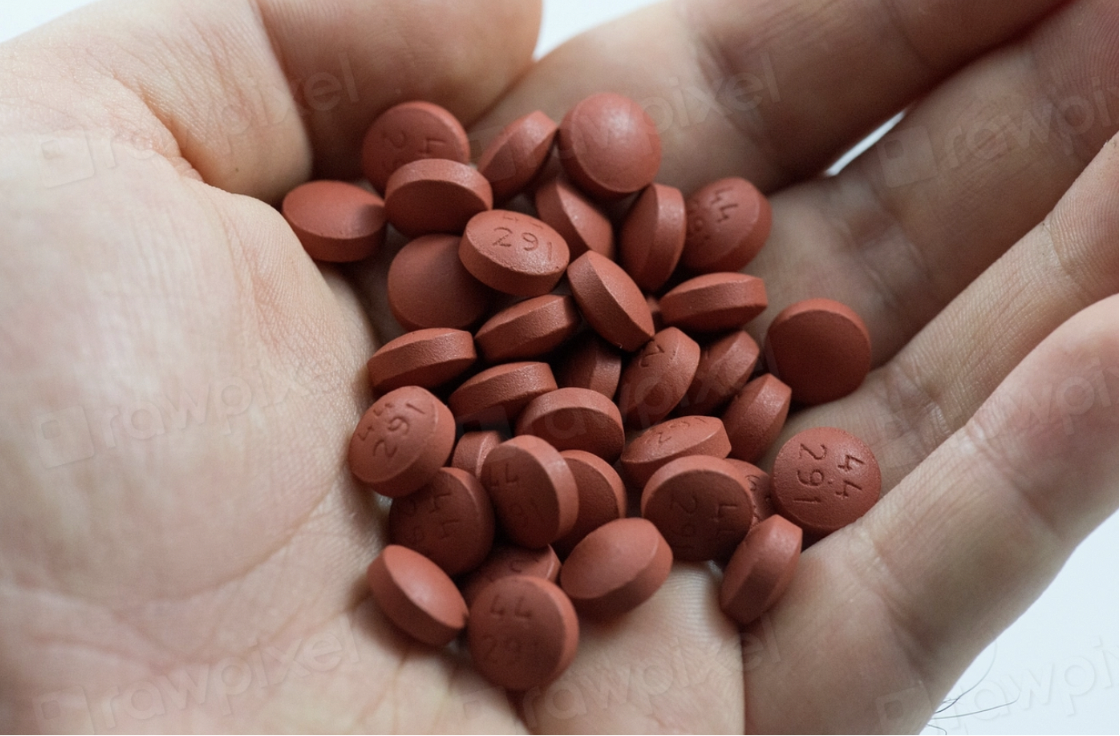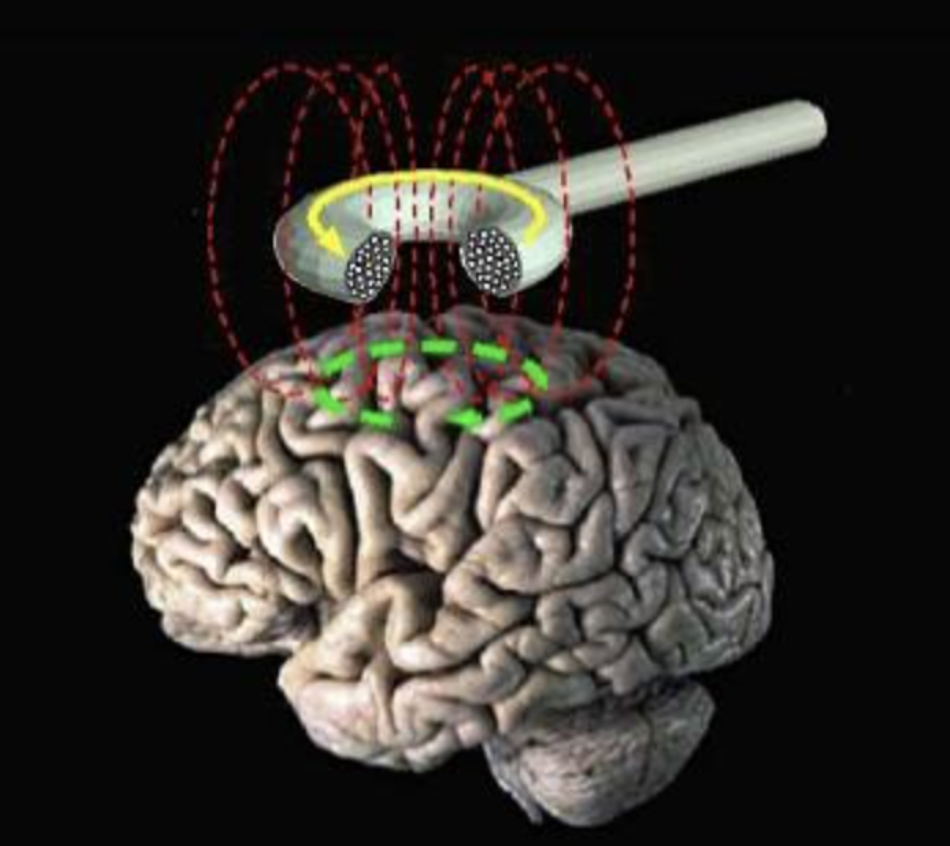Does TMS Therapy Actually Work? Success Rates, Studies, and Real Patient Stories
What Is TMS Therapy, and Why Is Everyone Talking About It?
If you or a loved one is struggling with depression that doesn’t respond to traditional treatments, you may have heard of TMS therapy—short for Transcranial Magnetic Stimulation. It's non-invasive, FDA-approved, and increasingly popular among patients in Brookline, Cambridge, Newton, Somerville, Back Bay, and across Greater Boston.
But does TMS therapy actually work? In this post, we’ll cover:
How TMS therapy treats depression
Success rates and scientific studies
Why Dignity Brain Health is trusted across Boston
How to get started
Let’s explore whether this innovative treatment could be the solution you’ve been searching for.
How TMS Therapy Works: The Basics
Transcranial Magnetic Stimulation (TMS) uses magnetic pulses to stimulate nerve cells in areas of the brain associated with mood control—primarily the prefrontal cortex.
What Happens During a TMS Session?
You sit comfortably in a chair.
A magnetic coil is placed near your scalp.
Magnetic pulses are delivered to targeted brain regions.
Sessions last about 20–40 minutes.
Most patients undergo treatment 5 days per week for 4–6 weeks.
The best part? No anesthesia, no downtime, and minimal side effects.
Does TMS Therapy Actually Work? Here’s What the Research Says
If you're skeptical about new mental health treatments, you're not alone—and honestly, that’s a good thing. When you’re navigating something as serious as major depressive disorder (MDD), you want more than just hope—you want proof.
Over the past decade, Transcranial Magnetic Stimulation (TMS) has evolved from an experimental therapy into a well-established clinical treatment backed by robust scientific evidence. But is it truly effective? Let’s break it down with real-world data, clinical studies, and local validation from Boston’s top medical institutions.
Clinical Success Rates: More Than Just a Coin Toss
Let’s start with the numbers.
According to the Clinical TMS Society and comprehensive reviews in peer-reviewed journals, TMS therapy has shown impressive response and remission rates, especially in patients who haven’t found relief through medications or psychotherapy:
50–60% of patients with treatment-resistant depression experience a clinically significant improvement in symptoms after a full course of TMS (Perera et al., 2016).
30–40% of patients achieve complete remission, meaning they no longer meet the criteria for major depressive disorder at the end of treatment (Perera et al., 2016).
To put this in perspective, antidepressant medications often have success rates around 30–50%, and patients frequently endure systemic side effects like weight gain, sexual dysfunction, or sedation (Rush et al., 2006). TMS provides comparable or even superior outcomes without these unwanted effects.
For residents in Brookline, Cambridge, Newton, Somerville, and Back Bay, this data is especially encouraging. At Dignity Brain Health, our TMS patients frequently echo what the studies say: after years of battling depression, many finally feel relief—sometimes within just a few weeks.
FDA Approval and Medical Endorsement
TMS therapy was approved by the U.S. Food and Drug Administration (FDA) in 2008 specifically for treatment-resistant depression. Since then, its use has expanded as more research confirms its safety and efficacy.
But it’s not just national organizations supporting TMS. Right here in Boston, prestigious institutions such as:
Mass General Brigham
Beth Israel Deaconess Medical Center
McLean Hospital (a Harvard Medical School affiliate)
... have incorporated TMS into their psychiatric treatment offerings. That’s a powerful local endorsement.
Even Harvard Medical School’s Department of Psychiatry has weighed in:
“TMS has emerged as a powerful and safe tool for individuals with medication-resistant depression.”
This local institutional backing gives patients confidence, especially those seeking care at community clinics like Dignity Brain Health in Brookline, which offers the same gold-standard technology used by Boston’s top hospitals.
How TMS Compares to Antidepressants and Psychotherapy
Another common question is how TMS stacks up against more traditional treatments. The answer lies in both effectiveness and side effect profiles.
Medications: While antidepressants can be life-saving for many, about one-third of patients do not respond adequately, even after trying multiple drugs (Rush et al., 2006).
Psychotherapy: Cognitive behavioral therapy (CBT) and other talk therapies are beneficial but may not be sufficient alone in cases of severe or chronic depression.
Electroconvulsive Therapy (ECT): ECT is very effective but comes with significant drawbacks like memory loss and the need for anesthesia.
TMS, by contrast, offers a middle ground: high efficacy with very few side effects and no need for sedation or hospitalization.
It’s also worth noting that TMS can complement other therapies. Many of our Boston-area patients continue working with therapists or psychiatrists while undergoing TMS, creating a multi-modal, personalized care plan.
What the Scientific Literature Says
The efficacy of TMS has been validated in dozens of controlled trials, meta-analyses, and real-world follow-ups.
Berlim et al. (2014): A Key Meta-Analysis
One of the most cited reviews on TMS, this meta-analysis examined 29 randomized controlled trials and found:
A significantly higher response rate in patients receiving high-frequency TMS vs. those receiving a placebo or “sham” treatment.
A meaningful increase in remission rates compared to control groups.
A better side-effect profile than most pharmacological treatments.
"High-frequency TMS over the left prefrontal cortex is an effective and well-tolerated option for patients with major depressive disorder." — Berlim et al., 2014
This study is often cited by psychiatrists across the country and locally in Boston as one of the most comprehensive analyses supporting TMS therapy.
Dunner et al. (2014): Long-Term Effectiveness
One of the primary concerns for patients is not just getting better, but staying better.
A 2014 study by Dunner and colleagues followed TMS patients for over one year post-treatment. Results showed that:
Over 60% maintained their clinical gains at the 12-month mark.
Some required occasional maintenance sessions, but few relapsed into full-blown depression.
This is especially important for Boston-area patients seeking sustainable mental health solutions that don’t rely solely on daily medication or repeated inpatient stays.
Mechanism: Why Does TMS Work?
Understanding how TMS works can increase confidence in its validity.
TMS targets the dorsolateral prefrontal cortex (DLPFC)—an area of the brain associated with emotional regulation. In people with depression, this region often shows reduced activity. By stimulating it with electromagnetic pulses, TMS rebalances brain circuits and restores mood stability.
Neuroplasticity: TMS promotes changes in neural pathways that regulate mood.
Dopamine release: Studies show TMS increases dopamine in key brain regions (e.g., the striatum), which helps regulate motivation and pleasure (Baeken et al., 2013).
This isn’t pseudoscience—it’s cutting-edge neuroscience backed by decades of brain imaging studies and neurobiological data.
Why Choose Dignity Brain Health for TMS Therapy in Boston?
Dignity Brain Health is a leading provider of TMS therapy in Brookline, MA, and we’re proud to serve the Greater Boston area with:
✅ Expert Clinicians
Board-certified psychiatrists and licensed clinicians who specialize in TMS and mood disorders.
✅ Convenient Location
Our Brookline office is easily accessible via the Green Line and just minutes from Back Bay, Cambridge, Newton, and Somerville.
✅ Personalized Treatment Plans
No two patients are alike. We tailor every TMS protocol to your unique brain and depression history.
✅ Insurance-Friendly
We work with most major insurance providers and offer financing options.
Is TMS Right for You?
TMS therapy is best for people with depression who:
Haven’t found relief from antidepressants or therapy
Want a non-invasive treatment with minimal side effects
Are committed to regular sessions over several weeks
Side effects are generally mild and may include:
Scalp discomfort during treatment
Mild headache afterward
Fatigue (temporary)
Unlike medications, TMS has no systemic side effects such as weight gain, sexual dysfunction, or gastrointestinal issues.
Mental Health Resources in the Boston Area
If you’re exploring your treatment options, here are a few valuable mental health resources near you:
NAMI Massachusetts – Advocacy and support for mental illness
Massachusetts Behavioral Health Help Line – Free, 24/7 mental health support
McLean Hospital – Harvard-affiliated psychiatric hospital
Boston Medical Center Psychiatry – Community-focused psychiatric care
How to Get Started with TMS at Dignity Brain Health
Ready to take the next step? At Dignity Brain Health, we make it easy:
Initial Consultation – Talk to our team about your symptoms and treatment history
Medical Evaluation – One of our doctors will determine if TMS is right for you.
Personalized Treatment Plan – Get started with a schedule that fits your lifestyle.
📍 Conveniently located near:
Boston, Cambridge, Newton, Alston, Somerville, & Back Bay
Dignity Brain Health - TMS Therapy Clinic
👉 Find Out If TMS Is Right for You; Book Your TMS Consultation Now (Insurance-Covered)
💬 Still have questions? Contact us today and speak with a specialist about whether TMS therapy is right for you!
Join the Conversation
Have questions? Curious if you're a good candidate for TMS?
👇 Leave a comment below or reach out to our team. We’d love to hear from you.
Final Thoughts
TMS therapy isn’t a miracle cure—but for many people across Boston, it’s been a life-changing breakthrough in their fight against depression. If you’re tired of feeling stuck and want to explore a proven, safe, and modern treatment, TMS may be exactly what you need.
Dignity Brain Health is proud to help people in Brookline, Newton, Cambridge, Back Bay, and Somerville rediscover joy, clarity, and purpose—without the side effects of medication.
References
Berlim, M. T., Van den Eynde, F., Tovar-Perdomo, S., & Daskalakis, Z. J. (2014). Response, remission and drop-out rates following high-frequency repetitive transcranial magnetic stimulation (rTMS) for treating major depression: A systematic review and meta-analysis of randomized, double-blind and sham-controlled trials. Psychological Medicine, 44(2), 225–239. https://doi.org/10.1017/S0033291713000512
Dunner, D. L., Aaronson, S. T., Sackeim, H. A., Janicak, P. G., Carpenter, L. L., Boyadjis, T., Brock, D. G., Bonneh-Barkay, D., Cook, I. A., Lanocha, K., Solvason, H. B., & Demitrack, M. A. (2014). A multisite, naturalistic, observational study of transcranial magnetic stimulation for patients with pharmacoresistant major depressive disorder: durability of benefit over a 1-year follow-up period. The Journal of clinical psychiatry, 75(12), 1394–1401. https://doi.org/10.4088/JCP.13m08977
Perera, T., George, M. S., Grammer, G., Janicak, P. G., Pascual-Leone, A., & Wirecki, T. S. (2016). The Clinical TMS Society consensus review and treatment recommendations for TMS therapy for major depressive disorder. Brain Stimulation, 9(3), 336–346. https://doi.org/10.1016/j.brs.2016.03.010
Rush, A. J., Trivedi, M. H., Wisniewski, S. R., Nierenberg, A. A., Stewart, J. W., Warden, D., ... & Fava, M. (2006). Acute and longer-term outcomes in depressed outpatients requiring one or several treatment steps: A STAR*D report. American Journal of Psychiatry, 163(11), 1905–1917. https://doi.org/10.1176/ajp.2006.163.11.1905
—
CONTACT INFO:
DIGNITY BRAIN HEALTH
1101 BEACON STREET, SUITE 8W
BROOKLINE, MA, 02446
UNITED STATES
Phone: (617) 855-7288



